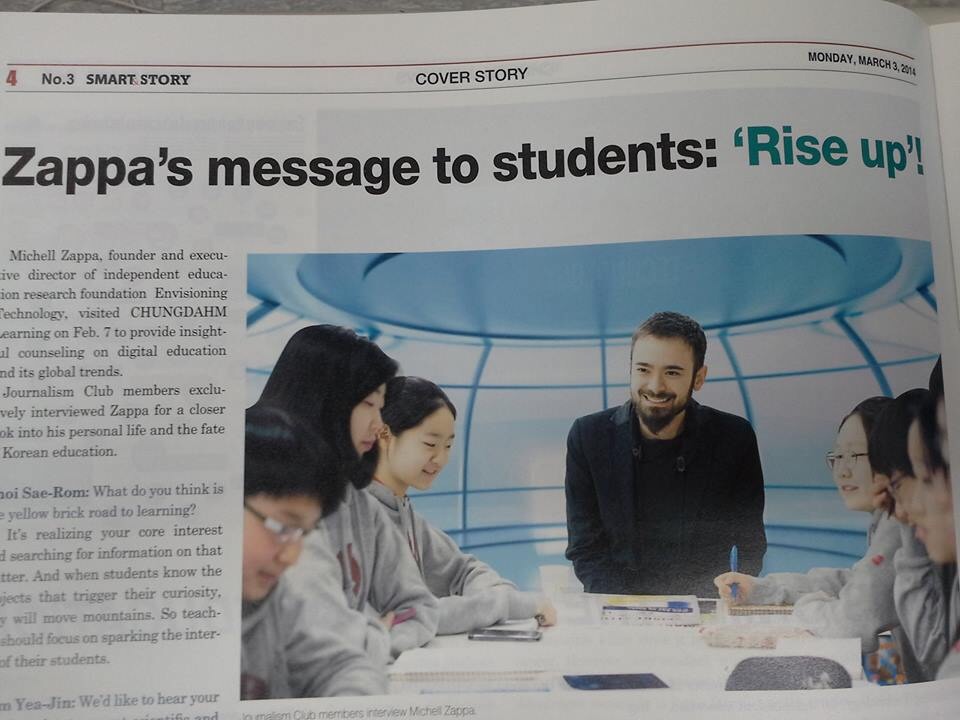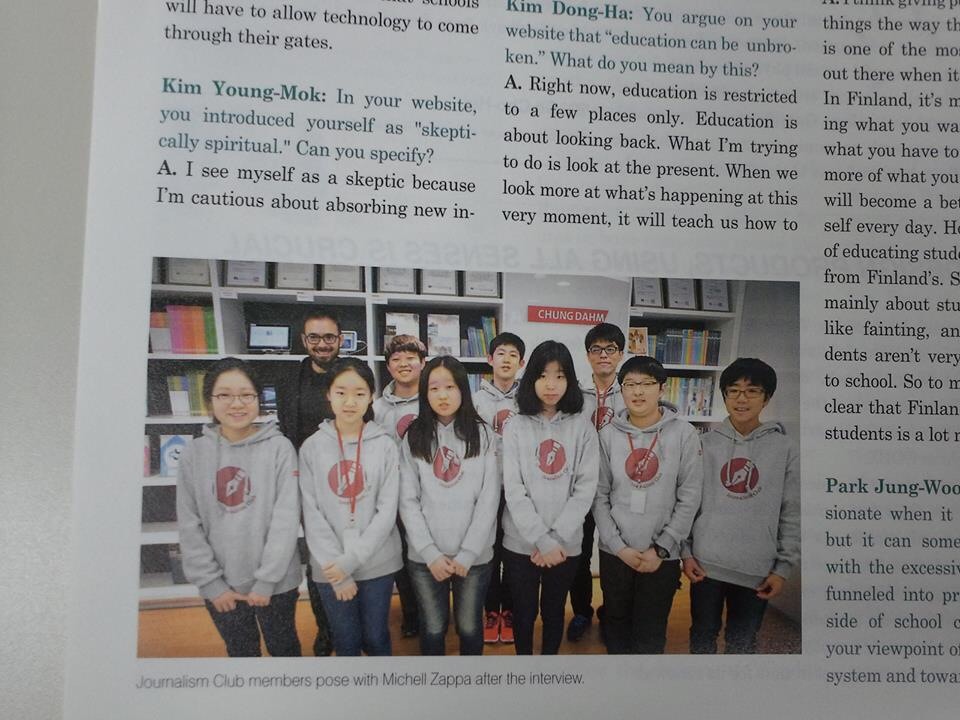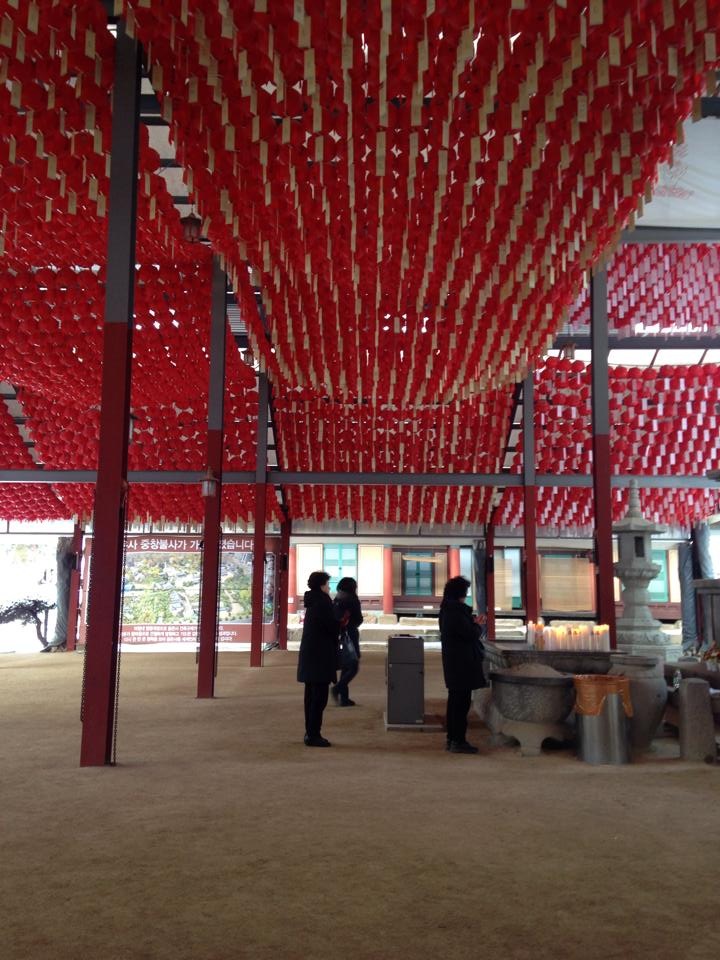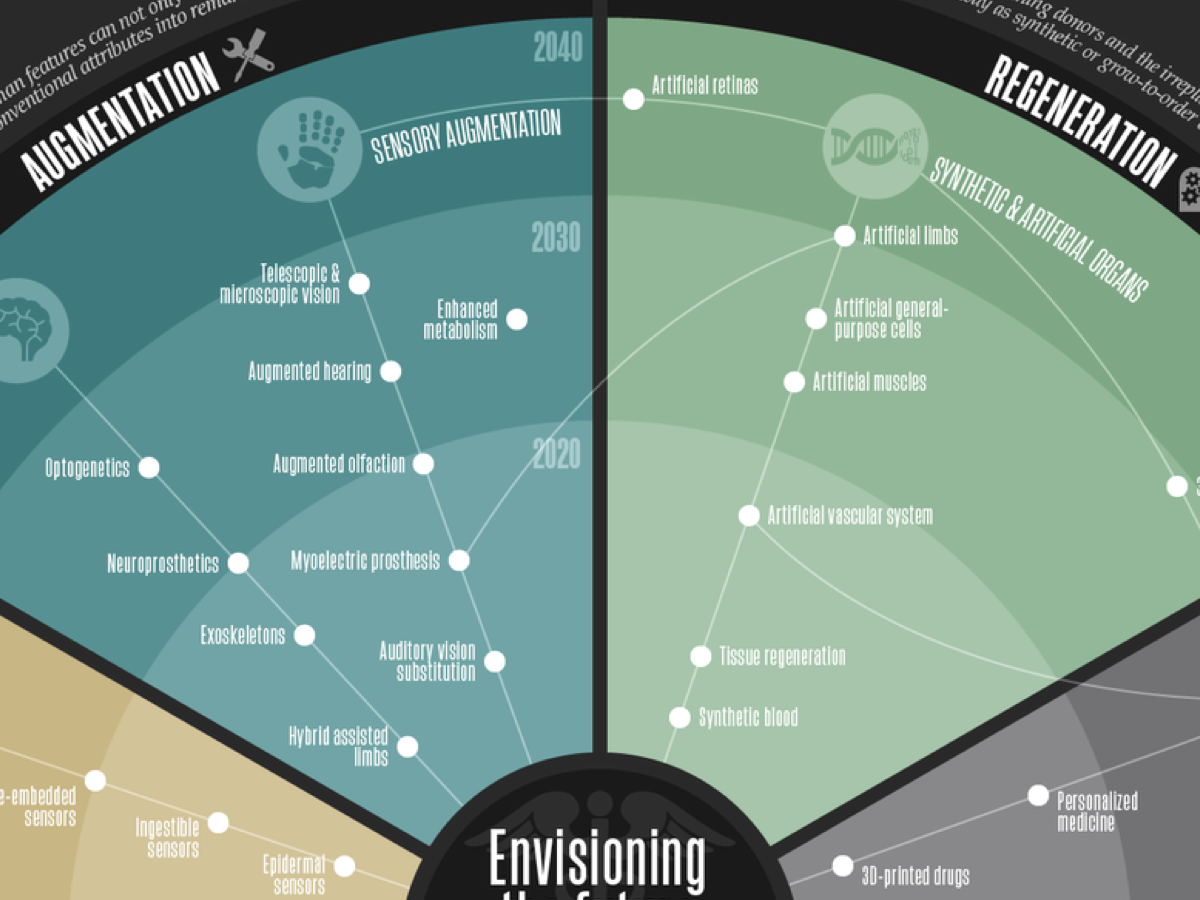By an invitation from Chungdahm learning, I spent the better part of last week exploring digital classrooms and the future of interactive textbooks in Seoul.
Founded as an ESL after-school academy in 1998, Chungdahm has grown into a multilingual textbook publisher with thirty thousand students aged 10-15 across South Korea.
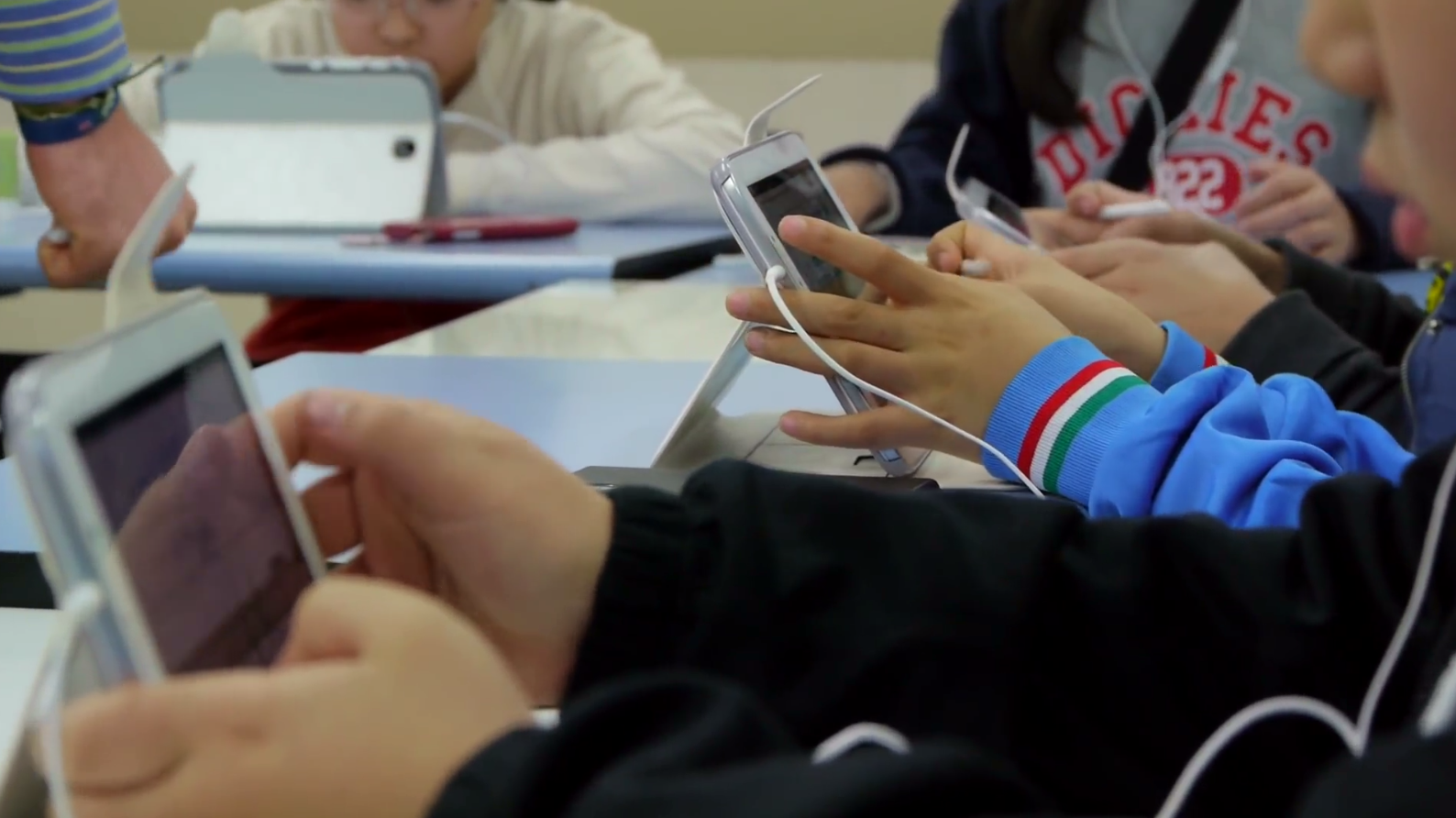
Korea's global ascent brought their economy into all levels of technology, owning swathes of the global smartphone, semiconductor, television and automobile industry.
Korean companies have a finger in every tech-flavored pie: from Samsung manufacturing the iPhone's A7 processor to LG building the Google-branded Nexus devices. Korea has the kind of clout in the global technological supply chain that startup-centric growth markets rarely notice.
Encumbered with teaching critical thinking and language skills to one of most wired generations on earth, Chungdahm recently invested in putting textbook content and exercises on tablets. Their implementation is distinctly work in progress, but they clearly have a foot in the door where other international schools and publishers are only just getting started.

In-house:
- Classrooms + teachers + students
- Teacher-training expertise
- English lesson textbooks
- Textbook and exercise design expertise
Technological solution:
- Android-powered suite of applications on a 8" Samsung tablet
- Offline IP-based mesh network between devices
- Teacher's tablet display beamed to flatscreen TV
- Real-time synchronization of textbook pages across student devices
- Real-time display of exercise answers (tallied on screen)
Seeing how technologically adept these students are, my in-class experience should not have been a startling surprise. Then I spent an hour with a dozen students who grew up on broadband. Kids who seamlessly switch attention between screen and teacher. Kids managing multi-modal interfaces. The profound implication of how much smarter every generation becomes is staggering.
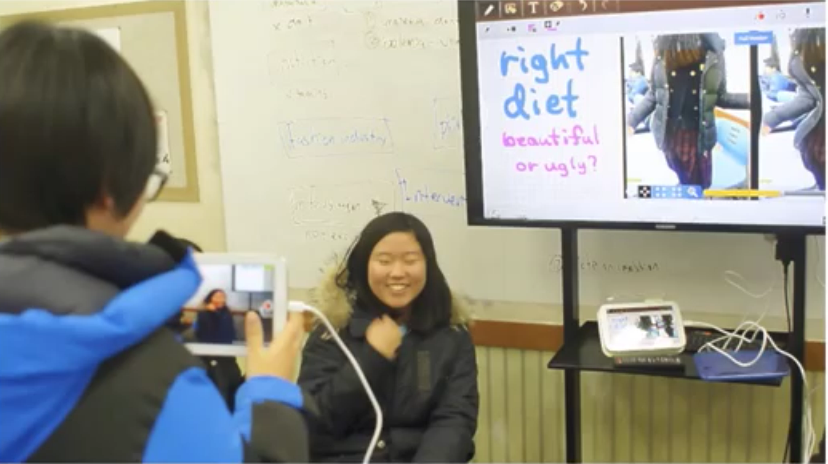
My mental model of a classroom (imagine Swedish public school in the eighties) should have faded, yet all I could see was flashes from Ender's Game. Kids brought up playing competitive video games online. Kids asking Google for help with their math. Kids whose thoughts bleed out on the web.
These are fascinating times. Technology is multiplying before our very eyes. New conceptual infrastructure is being laid by unlikely global players. The competitive edge of schmoozing Apple or hacking Android is rapidly decreasing, levelling the field for smart, forward-looking solutions.
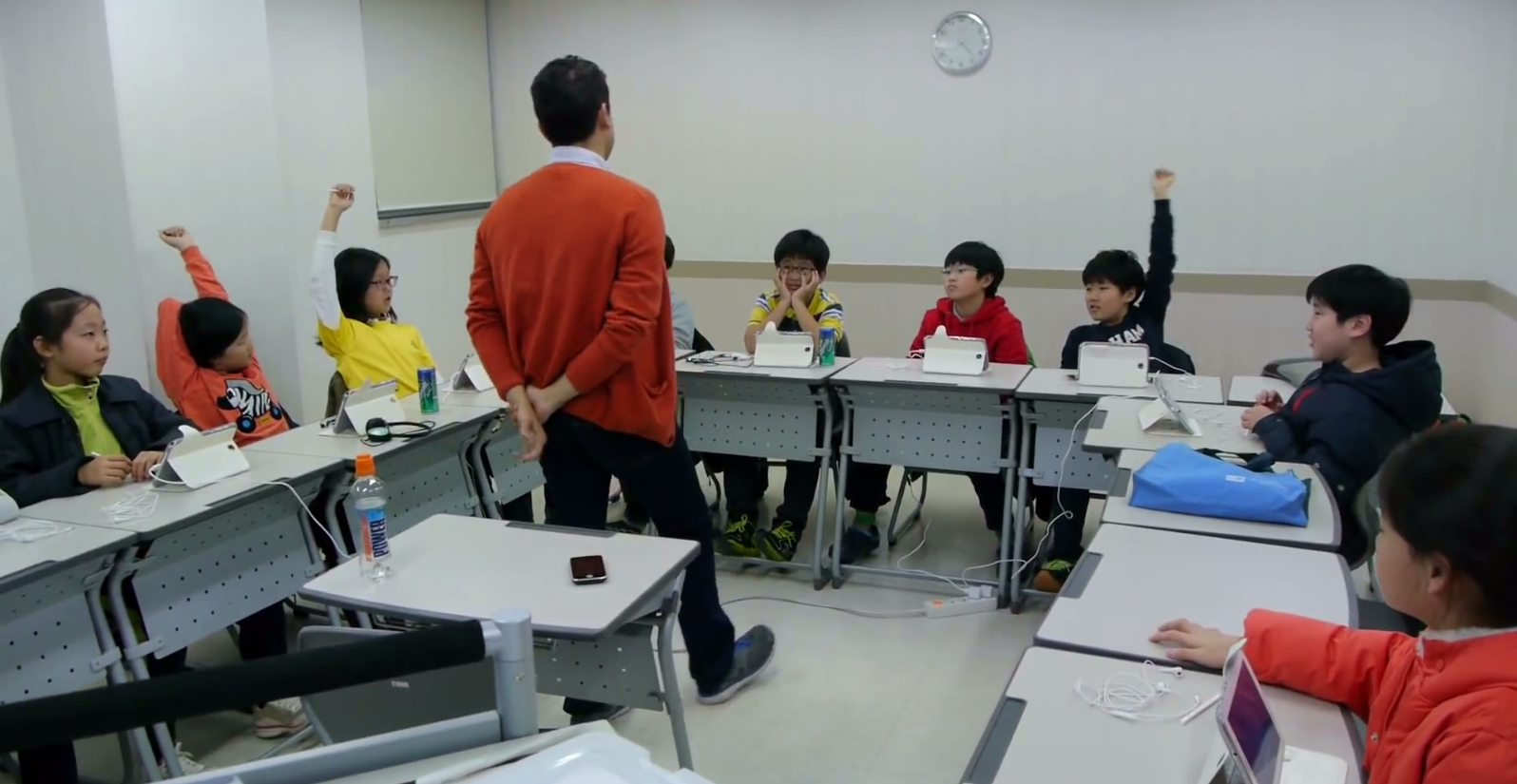
Any self-aware technology provider is quick in acknowledging that their solution is still far from perfect. Chungdahm's approach intrigues me because their starting point is far removed from most Valley-entrenched companies.
They are onto something interesting, and I'm staying involved to see where they end up.
Coverage of the student interview:
